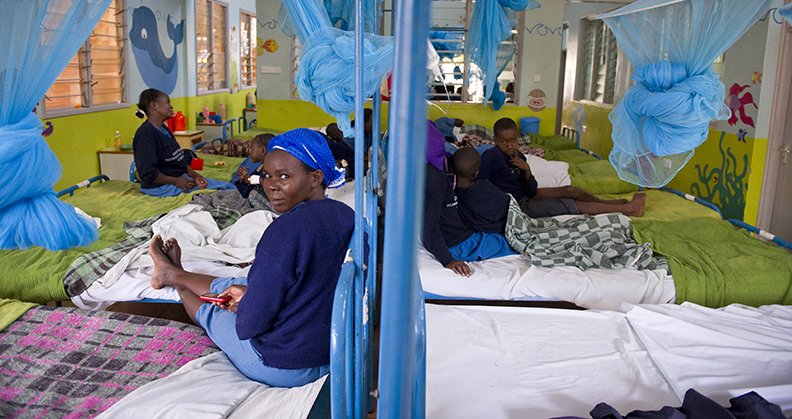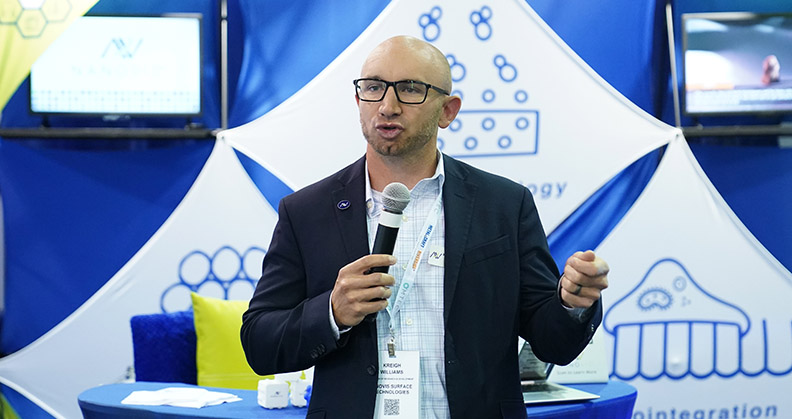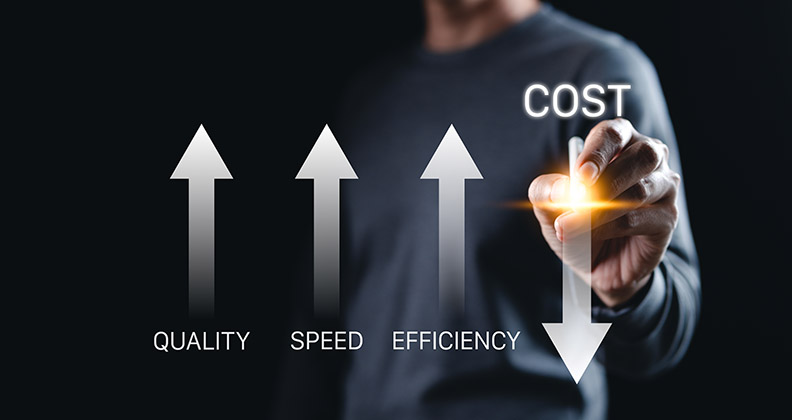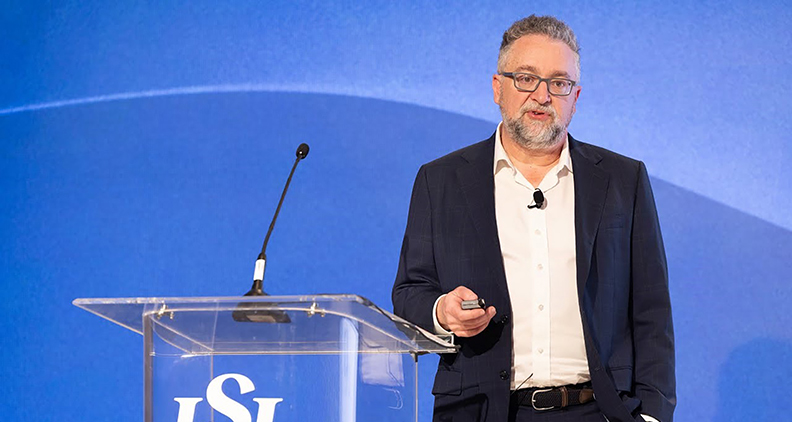
SIGN Fracture Care International is a humanitarian organization that donates education and implant systems to surgeons in developing countries and low-resource hospitals. It’s the passion project of Lewis Zirkle, M.D., SIGN’s President, Founder and Chairman, that has evolved into a worldwide network of 452 hospitals in 60 countries. SIGN has cared for 460,000 patients since its founding in 1999.
This May, ORTHOWORLD is donating 10% of OMTEC registration fees (up to $10,000) to SIGN. When you register during OMTEC IMPACT Month, you’re doing more than securing your place at the industry’s premier event — you’re helping transform lives.
Dr. Zirkle and Terry Smith, SIGN’s Engineering Manager, discussed the organization’s mission, the inspiration and fulfillment they experience through the program and ways that orthopedic companies can contribute to their philanthropic efforts.
Dr. Zirkle, you were an orthopedic surgeon in the U.S. Army during the Vietnam War. How did that experience lead to the launch of SIGN?
Dr. Zirkle: It was truly life-changing for me, and it marked the beginning of SIGN. I worked alongside North Vietnamese nuns to care for injured children and when I came back from the war, I realized that many poor people around the world weren’t receiving the care they needed — and I wanted to help change that.
Smith: Beginning 26 years ago, Dr. Zirkle and Jeanne Dillner, our CEO, traveled extensively to visit hospitals in need and train surgeons on the use of our implant system. Today, we have dozens of mentor surgeons around the world who conduct the bulk of our training within the SIGN network of hospitals.
What clinical challenges must be overcome to provide care in under-resourced parts of the world?
Smith: Many of the hospitals we work with don’t have access to consistent power, so all our equipment can be operated by hand. The unique design of our intramedullary nail system allows surgeons to use it in hospitals without imaging capabilities.
We’ve heard so many stories — some inspiring, some heartbreaking — of surgeons performing procedures with only headlamps for light, or patients having to bring their own fuel to run generators that power operating rooms for their surgeries. The success of SIGN requires understanding the constraints of the hospitals we work with and developing solutions that meet their needs.
After each SIGN Surgery, surgeons upload case information into the program’s database, which is the largest collection of data about long bone fractures in the world. What do you do with that information?
Dr. Zirkle: We start by carefully reading and correlating the data, a process that helps us identify what requires additional investigation. Every reported case is analyzed so we can determine what went right, what could be improved and how we can integrate that feedback into the designs of our implants and instruments.
Smith: Dr. Zirkle has personally reviewed and provided feedback on 95% of the 250,000 cases in our surgical database. That allows us to adjust our implant designs and surgeon training approach.
From an engineering and product development perspective, it’s incredibly rewarding. We have direct access to surgeons and hear their challenges straight from the source, which gives us an abundance of voice-of-the-customer input.
You must have encountered countless inspiring stories, but is there one that stands out?
Smith: One of the most powerful began in Ethiopia in the early 2000s when Dr. Zirkle visited Black Lion Hospital, a major teaching institution. Around the same time, Dr. Duane Anderson, an American surgeon, launched an orthopedic residency program at Soddo Christian Hospital. Eventually, Dr. Zirkle worked with Dr. Anderson to create a national orthopedic training system. Today, Ethiopia has a burgeoning program with multiple trauma fellowships and SIGN supports 49 hospitals across the country. Dr. Anderson and Dr. Zirkle were honored at last year’s Ethiopian Trauma Conference as founders of orthopedic surgery in the country. It’s emotional to think about the incredible impact SIGN has had.
How can the orthopedic industry contribute to your cause?
Smith: We’re fortunate to have support from many companies in various ways, including supply chain collaboration, discounts on raw materials and co-marketing efforts. We’re also incredibly thankful for the opportunity to be part of OMTEC and to share SIGN’s mission and work with attendees. It’s a chance for people to learn more about our work and explore how their unique talents or resources might contribute to advancing our mission.
DC
Dan Cook is a Senior Editor at ORTHOWORLD. He develops content focused on important industry trends, top thought leaders and innovative technologies.




